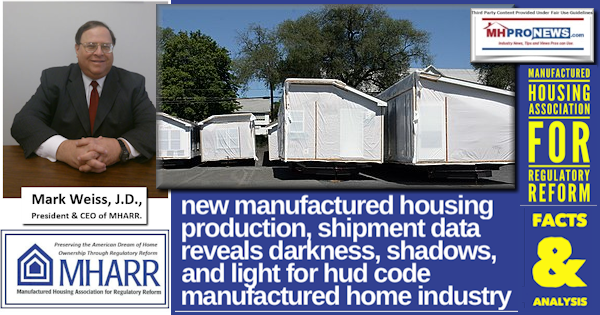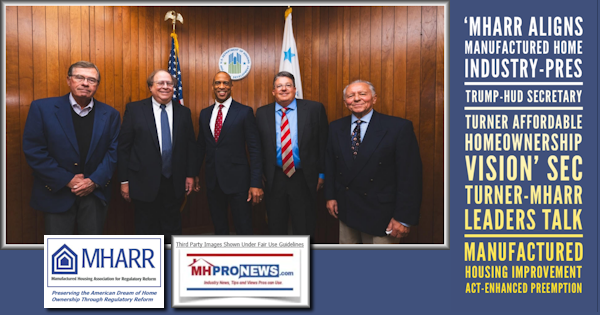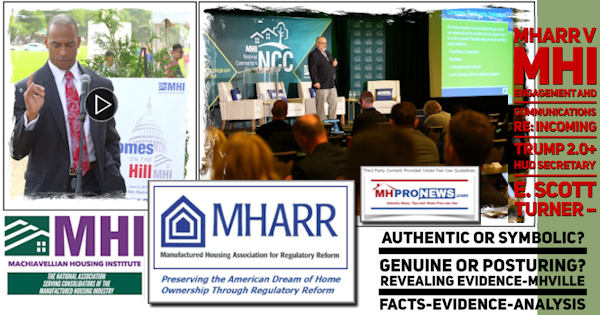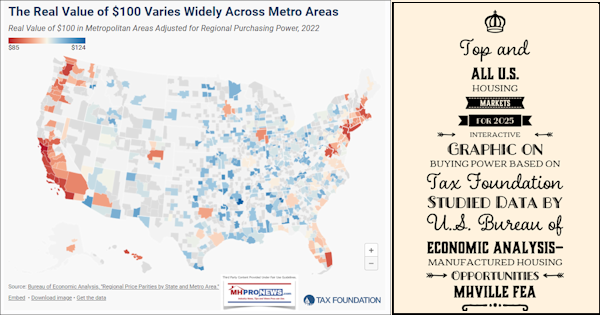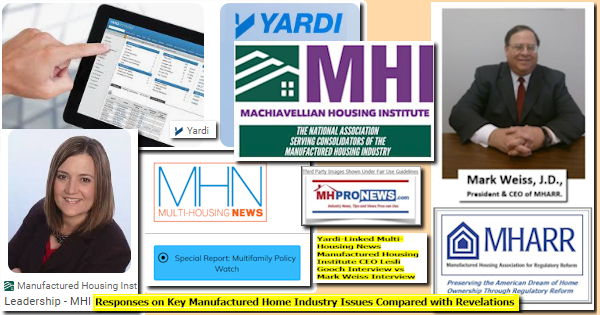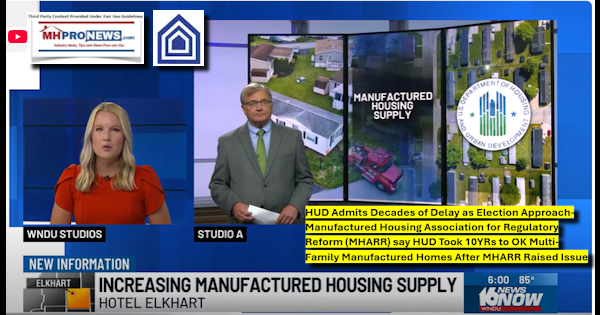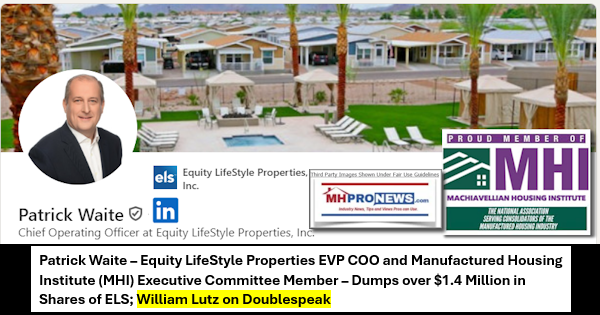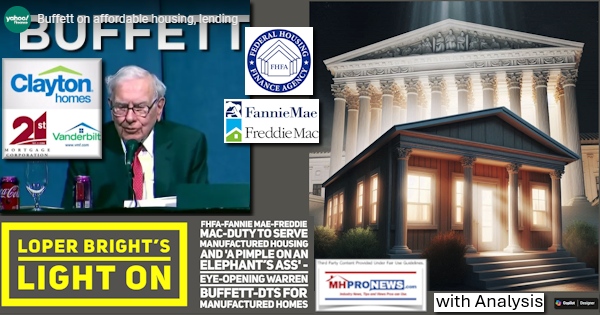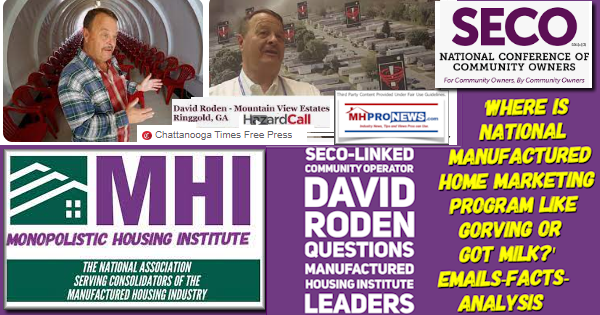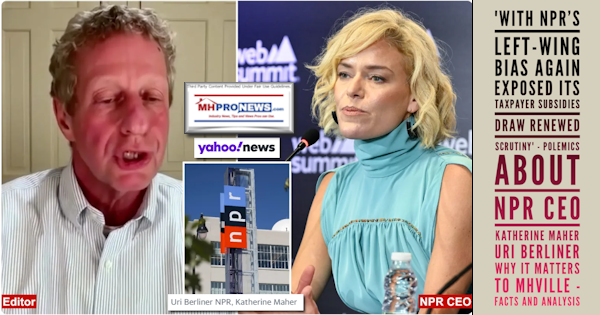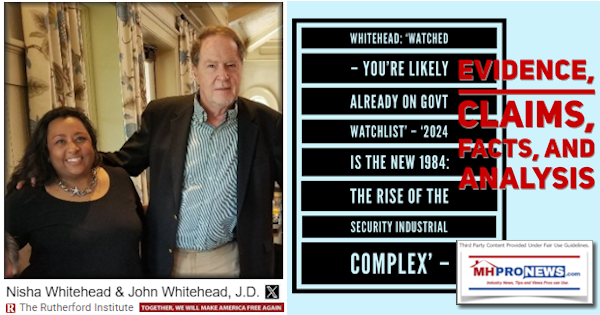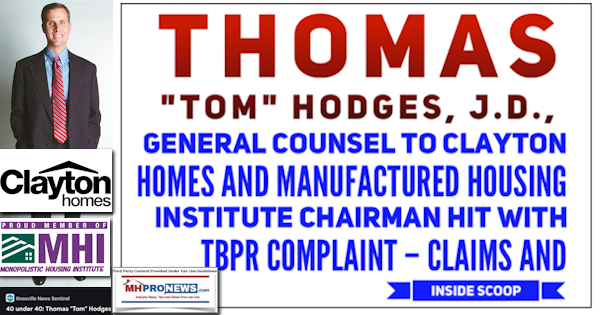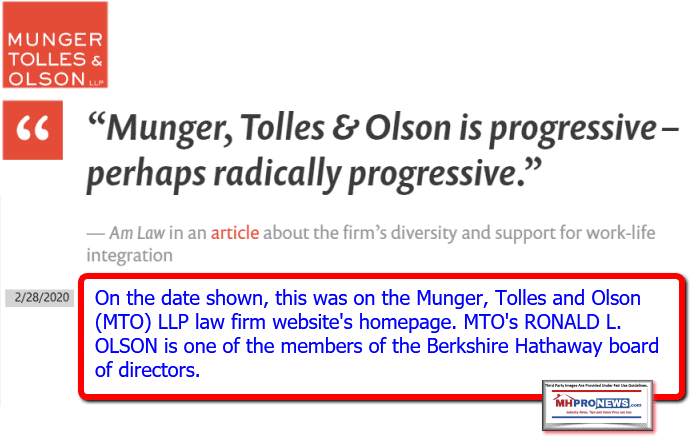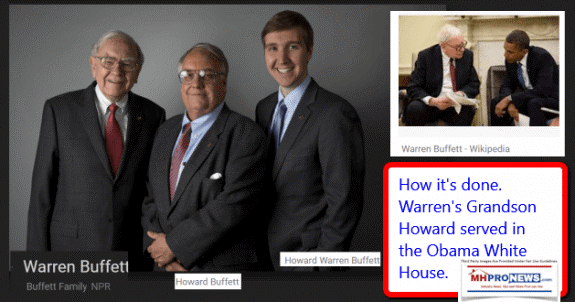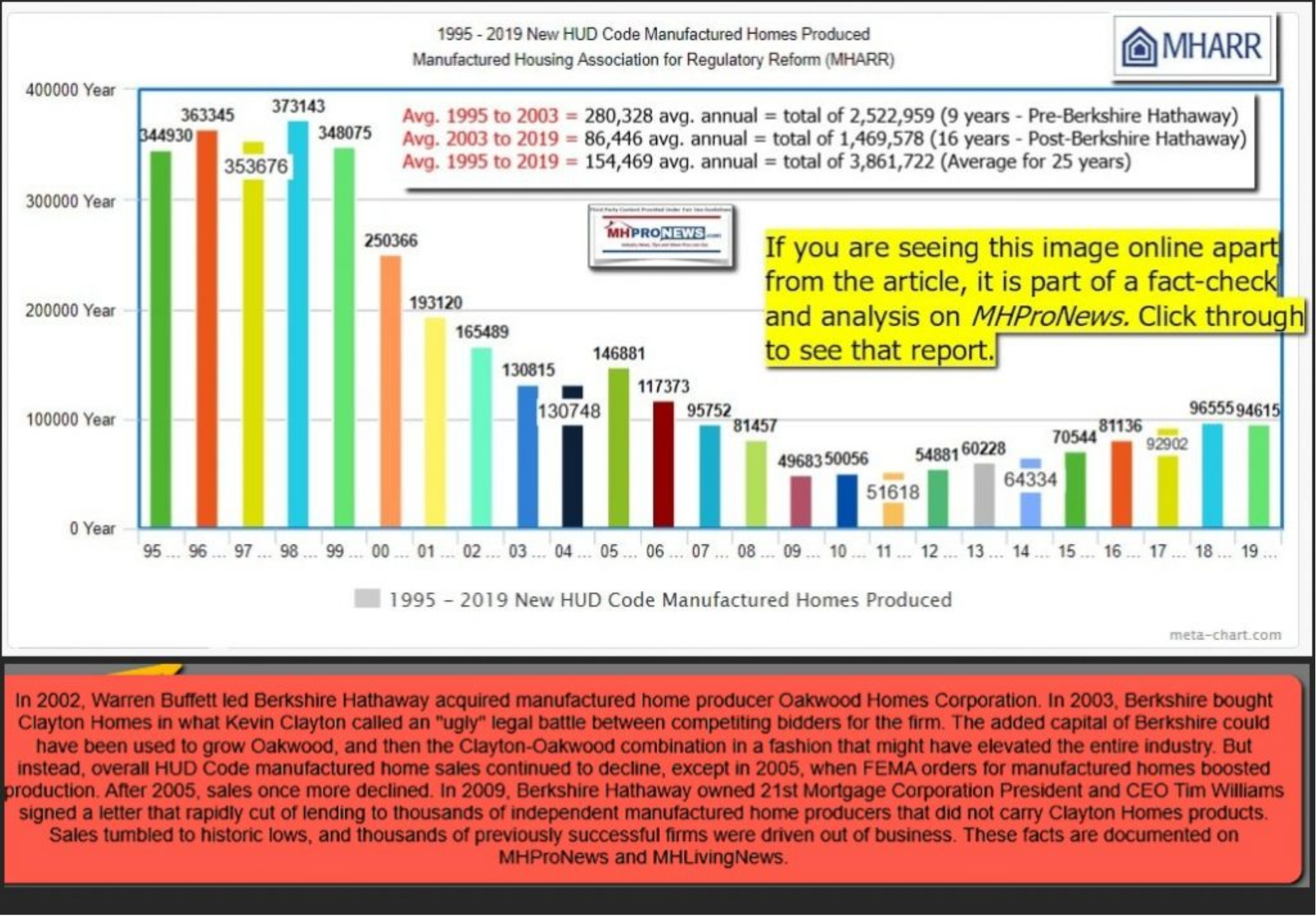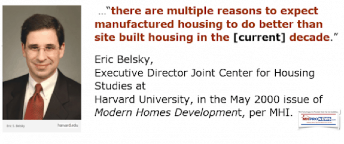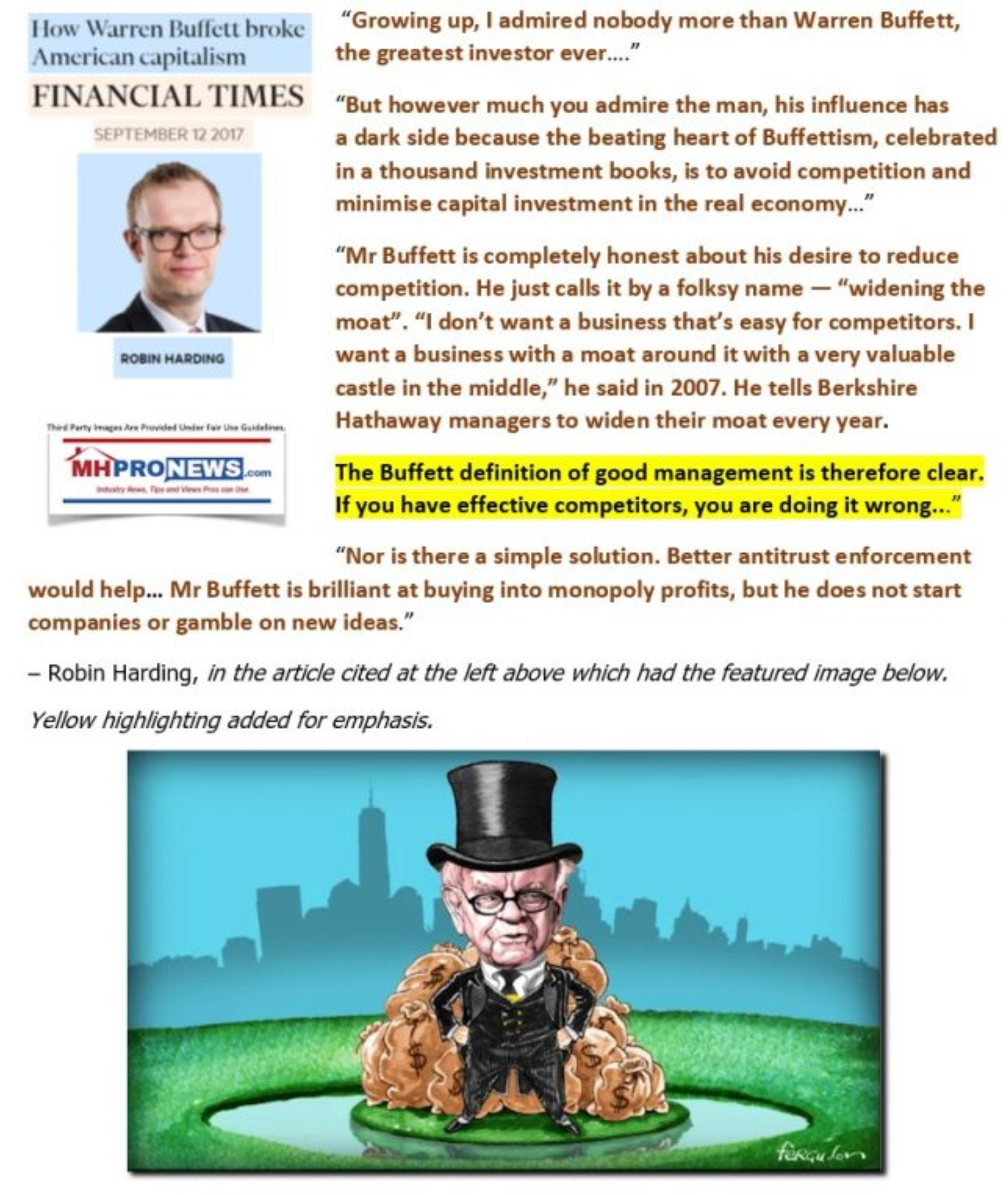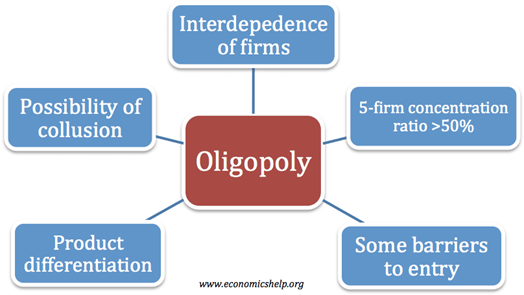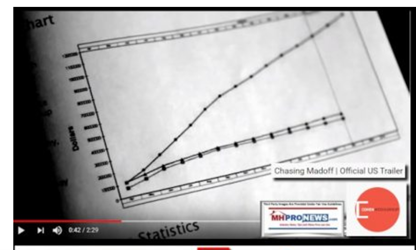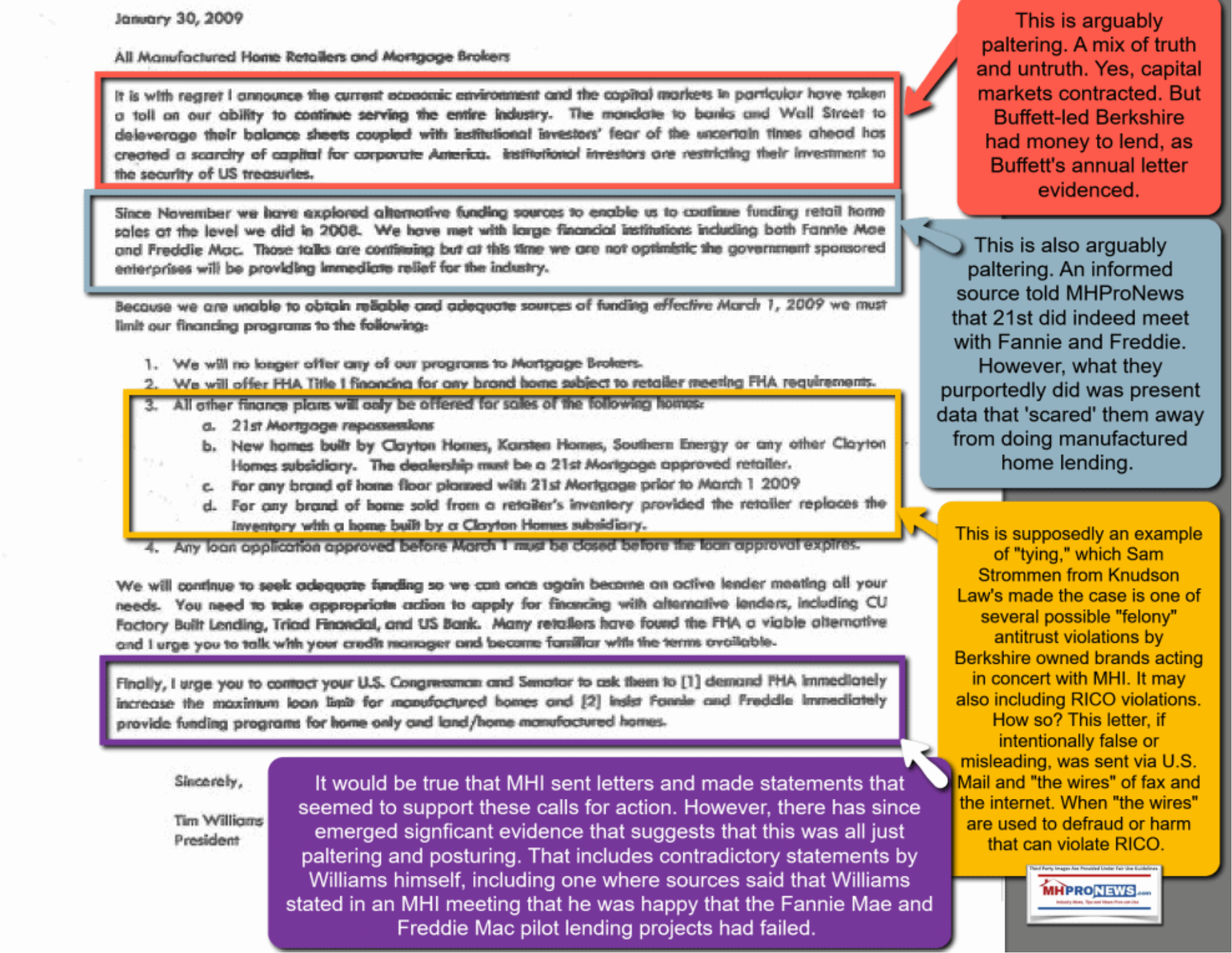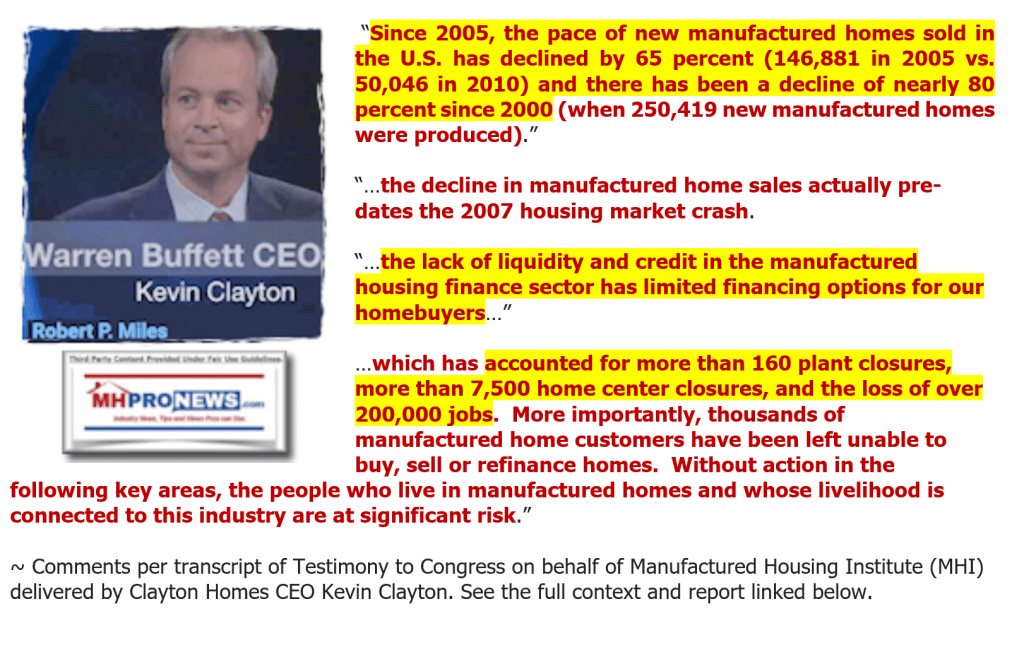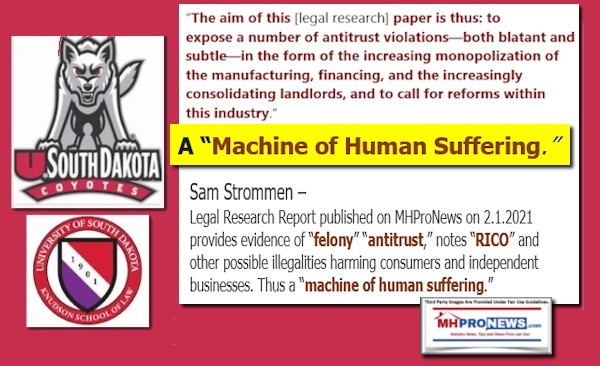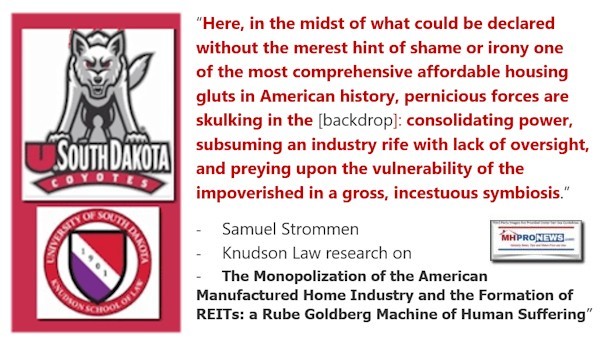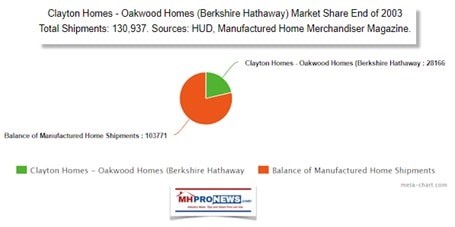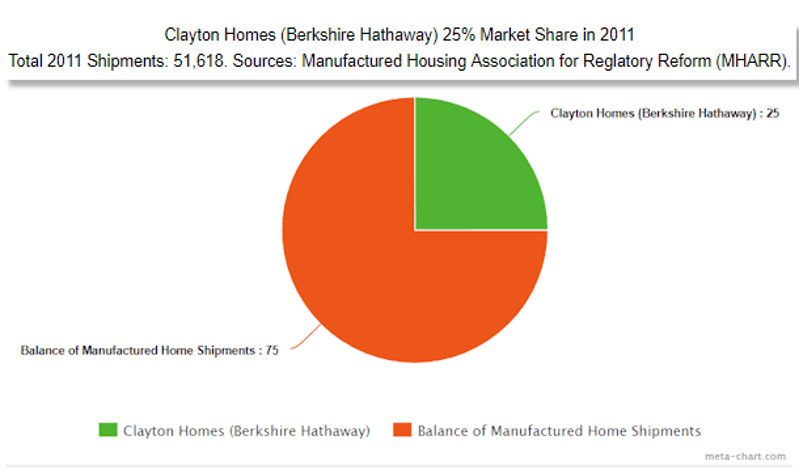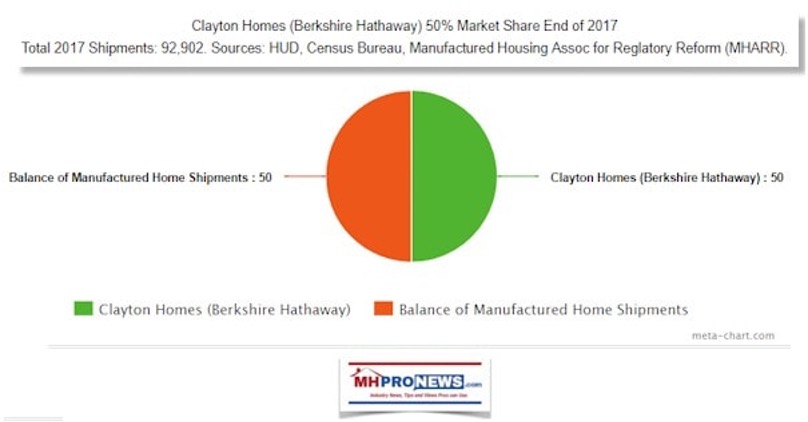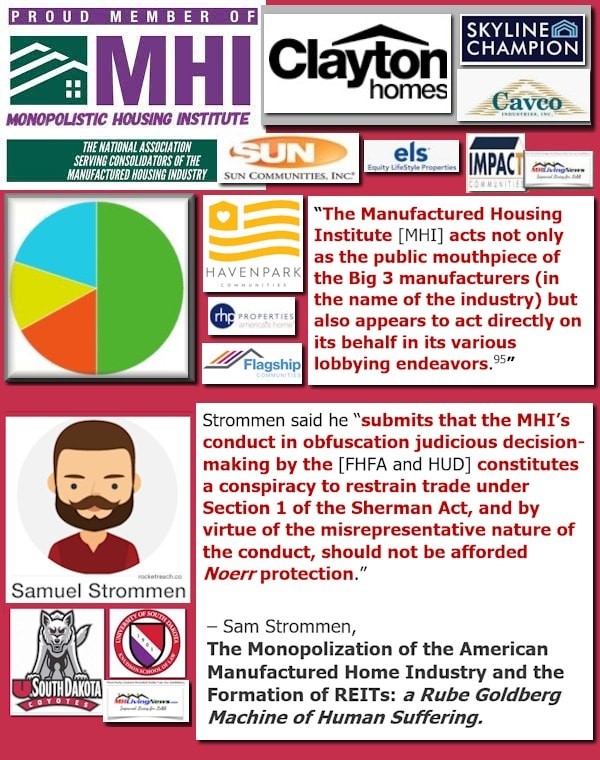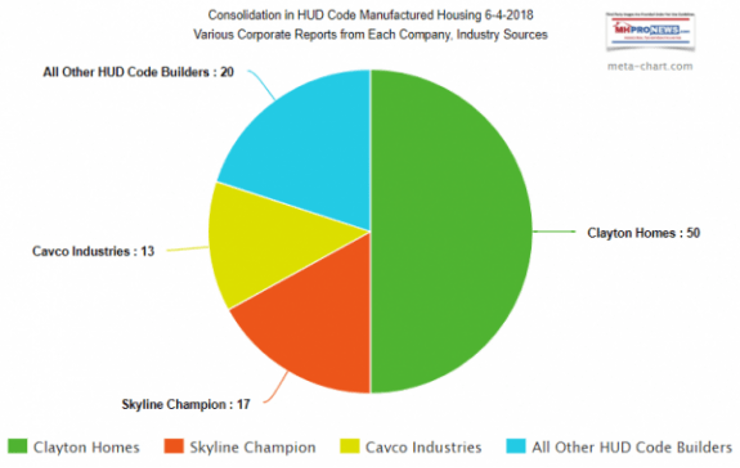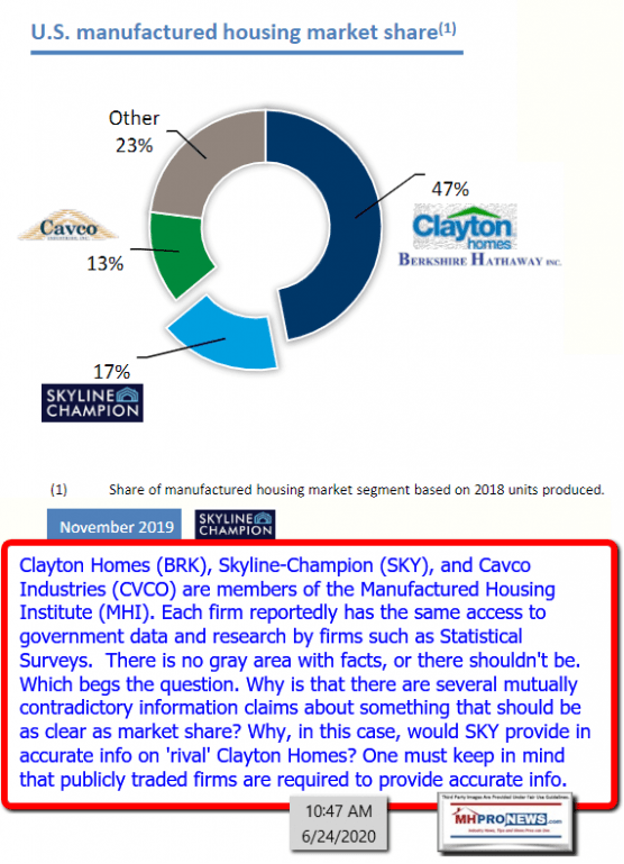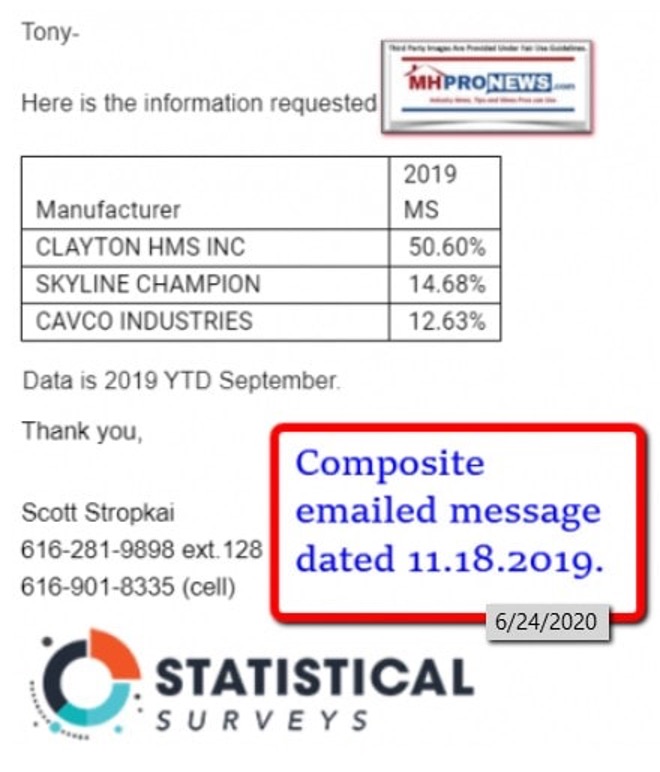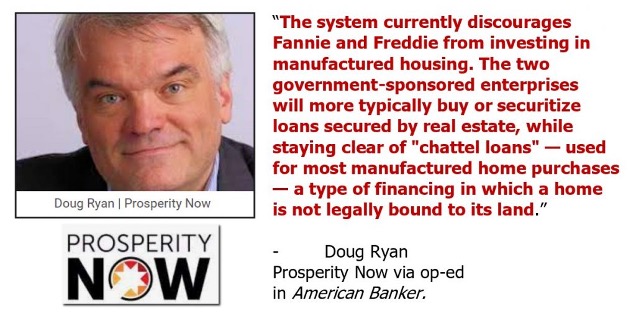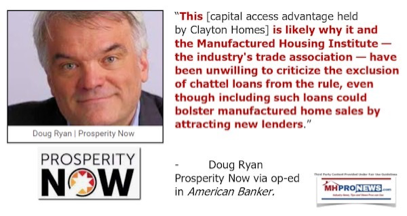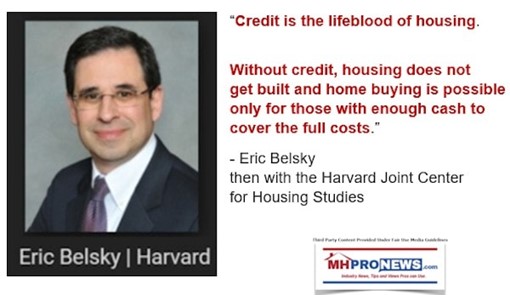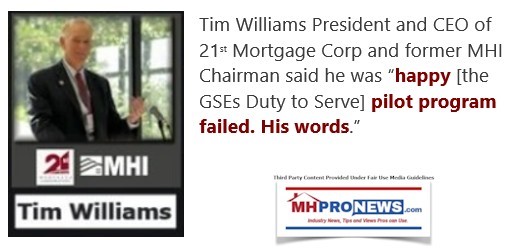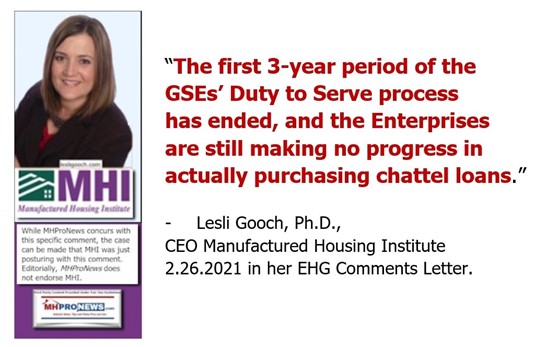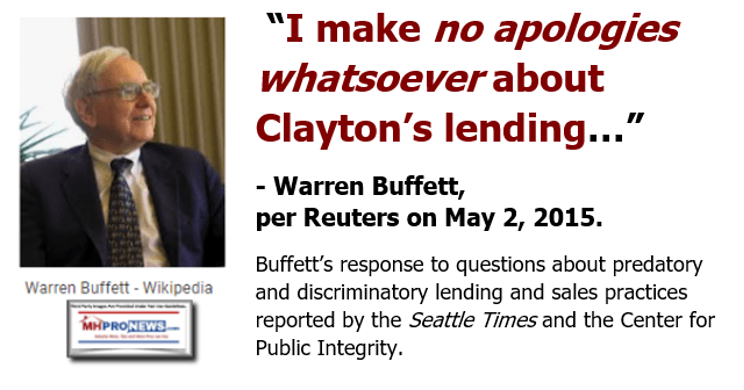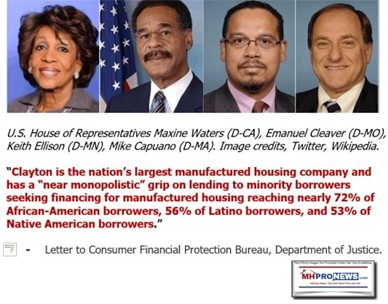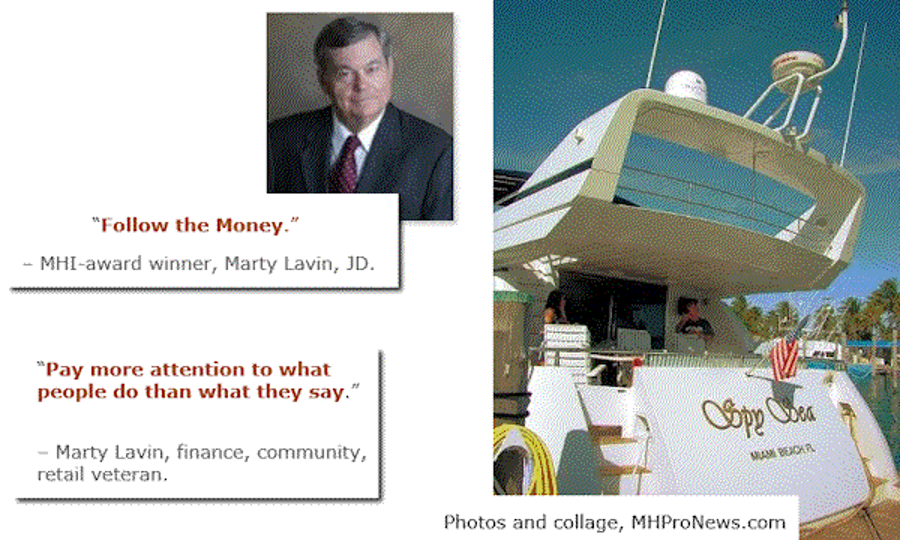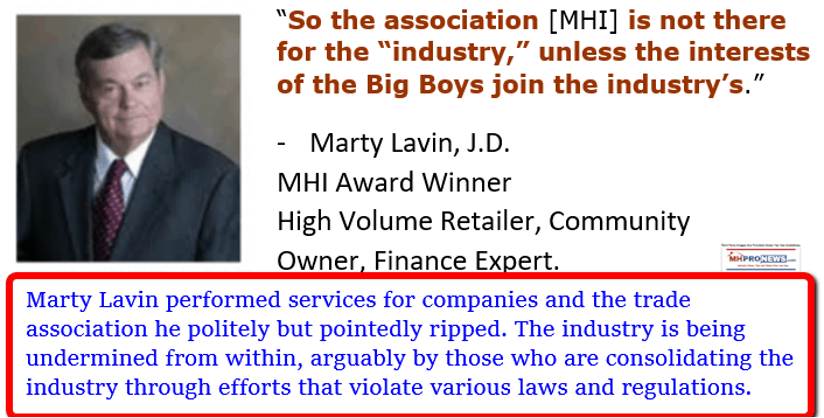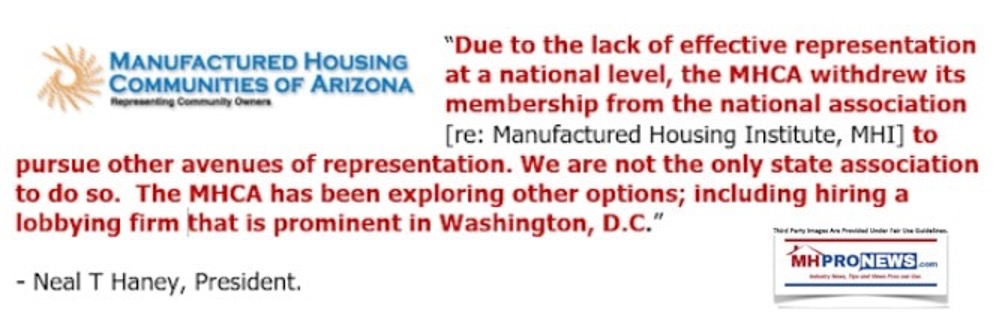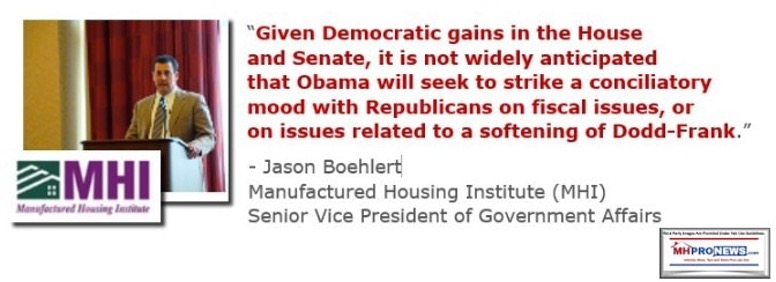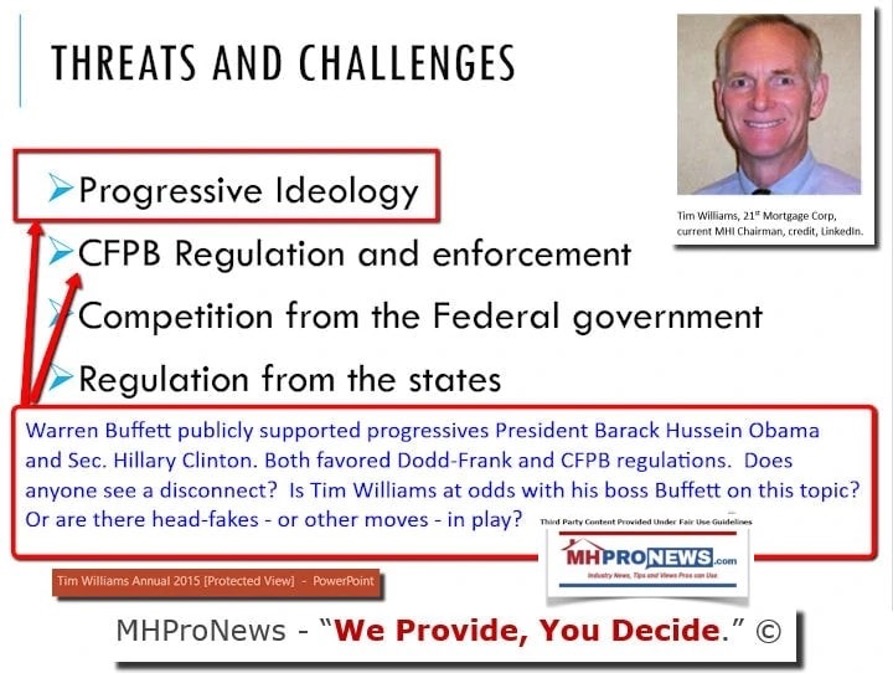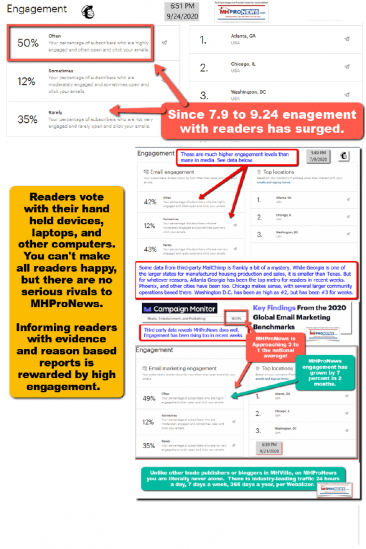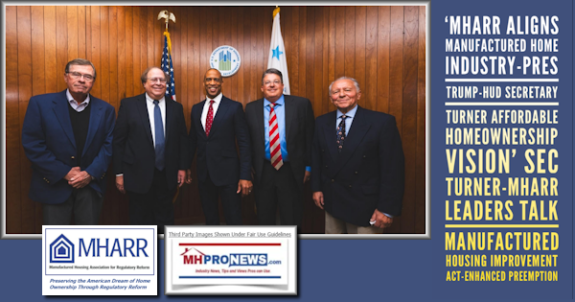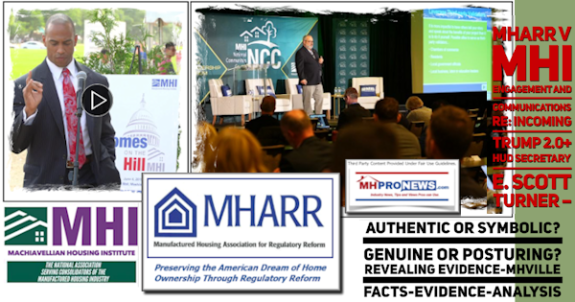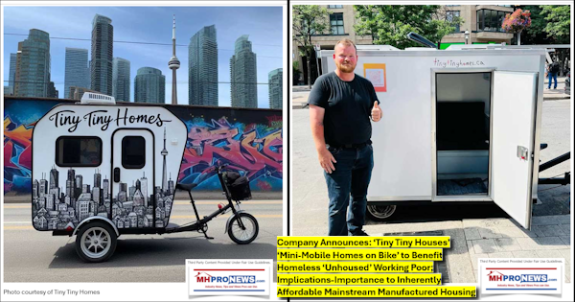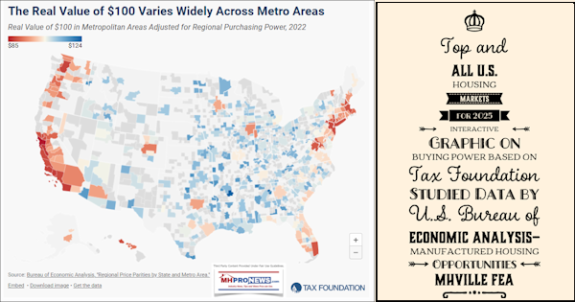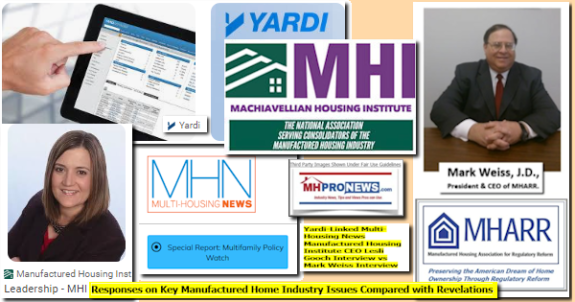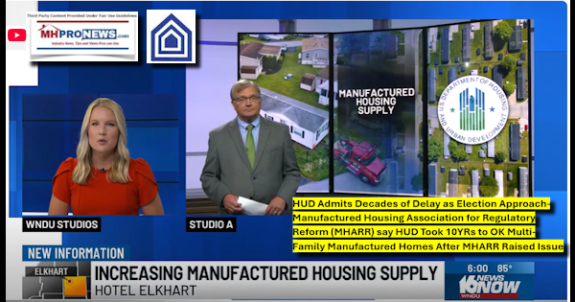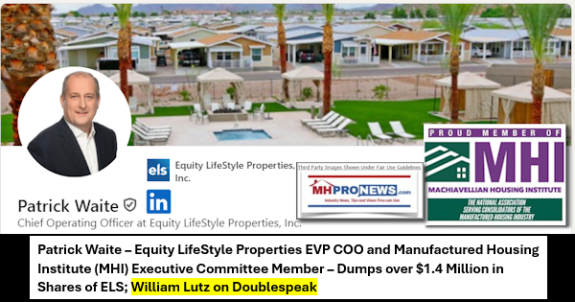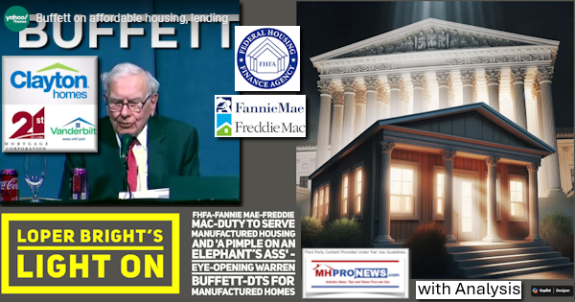The full complaint against Thomas “Tom” Hodges, J.D., filed with the Tennessee Bar Association for purported violations of the Rules of Professional Conduct (RPC) are found linked here and the signature page is linked here. Hodges is the general counsel for Clayton Homes. Hodges is also the chairman of the Manufactured Housing Institute. This page will be updated with the ‘guts’ of that complaint in the next 24 hours. (Now Updated)
The following is the bulk of the complaint to the Tennessee Bar Association (TBA).
 Among the references that will be provided for these allegations is research by Samuel Strommen at Knudson Law.
Among the references that will be provided for these allegations is research by Samuel Strommen at Knudson Law.
To my knowledge, Strommen has no readily discernable connections to manufactured housing beyond his research. Strommen contacted me in 2020 about his legal concerns that involved the Manufactured Housing Institute (MHI), Clayton Homes, and other brands that are sister-companies to Clayton Homes in the Berkshire Hathaway family of brands. Other MHI members are also part of Strommen’s evidence based contentions. See report, including various pros-cons to his thesis, linked here.
Strommen has contended that various felony’s have been committed. These, per Strommen have harmed significant numbers of independent companies and untold numbers of consumers, which without exaggeration may total in the millions. Our media platform’s and my personal research into these issues support the concerns raised by Strommen.
CLEARLY DESCRIBE YOUR CONCERNS AND ATTACH SUPPORTING DOCUMENTS: Supporting documents will include the highlighted copy of the 2018 Edition Tennessee Rules of Professional Conduct (RPC), linked here. I am a legal layman. That said, those highlighted RPC items in the linked document include to my mind some of the various alleged areas of Hodges’ professional behavior that your office should compare to the evidence provided linked herein and below.
- In order to understand the various and arguably extended and years of wrongdoing that Hodges has been involved in directly and indirectly, an overview of manufactured housing is necessary.
- That overview of the issues will help both clarify the legal issues, conflicts of interests, and other RPC complaints that arguably apply to Hodges in his capacity at Clayton Homes and with the Manufactured Housing Institute (MHI). It is on the Federal Housing Finance Agency (FHFA) website. Please see the document linked below. Kindly consider all such linked items as part of my evidence for this complaint.
https://www.fhfa.gov/Media/Documents/Kovach-statement.pdf
- Note that the above includes links to comments by Samuel Strommen at Knudson Law, but also to research by Minneapolis Federal Reserve senior economist James A. “Jim” Schmitz Jr. Schmitz and other colleagues have done numbers of published reports that are like a bookend to the statements and evidence supplied by Strommen, even though they come at the issue from different directions.
- Now, let’s step back and try to lay the factual basis that can help simplify what needs to be clearly understood to see the wrongdoing that Hodges is being accused of in his various multi-year roles with Clayton Homes and the Manufactured Housing Institute (MHI).
- When Clayton Homes was acquired by Chairman Warren Buffett led Berkshire Hathaway, they were the #3 producer of HUD Code manufactured homes, per the article which details market facts based on well research published by the now defunct Manufactured Home Merchandiser Magazine. See those facts linked below.
-
- Let’s mention in passing for now that Berkshire’s vice chair is Charlie Munger, J.D. Munger is a member of the MTO law firm. Ron Olson, J.D., is another member. While facts are not political and evidence is not political, they may have political implications. Let me stress that this is NOT a political document, but the views and connections of the parties involved with Hodges ought not to be overlooked. Proudly displayed for some time on the MTO website is the following.
7. The significance of the above is both subtle and important. Warren Buffett is well known to have supported then Senator Barack Obama in his successful 2008 bid to become President of the United States (POTUS). Buffett’s grandson served in the President Barack Obama’s White House. There is a well-documented photo spread of Warren Buffett with then-President Obama.
8. This is a high level of access. Note, I’ll from time to time perhaps use the literary term “we,” which in this sense should mean the reader and the writer. We will return to this below.
- There has long been an affordable housing crisis in America. Manufactured homes have been praised by a range of third-party researchers for its affordability. Congress, after examining as they do various facts, evidence, and issues said the following in their widely bipartisan passage of the Manufactured Housing Improvement Act of 2000.
- In a video interview with transcript found in the report and analysis linked below, Kevin Clayton – who would be Hodges’ boss at Clayton Homes – makes a range of useful and insightful statements.
- Among those is Kevin saying that Warren Buffett assured him that there is ‘plenty of money’ from Berkshire (BRK) available to do what they need to do.
- Now note that manufactured housing is actually producing far fewer homes today than in 2003 when Clayton was acquired by Buffett-led Berkshire (BRK).
- Additionally, as the Washington Post’s Beth DeCarbo recently noted, there is lower production now than in 1998, which was the last high-water mark for the manufactured home industry, which evolved out of the mobile home industry in the 1970s.
- There are decades of third-party research found in the reports linked here as a resource page.
- Manufactured housing is underperforming during an affordable housing crisis. Some of the same facts cited by Congress in enacting the Manufactured Housing Improvement Act of 2000 (MHIA or some call it the 2000 reform law, which modified and updated the original legislation that created what is commonly called the HUD Code for manufactured housing that was passed by Congress in 1974) were also cited by Congress in the MHIA.
- So, we are looking at the American housing landscape with millions of housing units needed, per various sources that will be referenced from the linked reports. Buffett, per Kevin Clayton, had given Clayton Homes (Hodges employer as general counsel) access to whatever money and financing was needed for Clayton to increase in size the firm in the traditional free market manner of investing, advertising, working to outperform competition to earn customer’s business, etc. During the preceding years, publicly traded Champion Enterprises and Fleetwood Enterprises were buying up competitors retail outlets, among other things, as the manufactured home industry was growing and they desired more market share. But in the Buffett era, Clayton’s approach to manufactured housing shifted to what Hodges himself has referred to in an interview and that Buffett and Kevin Clayton have said several times they each preach as well. Namely, “the moat” or sometimes the “castle and moat” business methodology. In the Berkshire era, manufactured housing continued its steady decline from the high of 1998 instead of growing. Yet, Eric Belsky, who in the early 2000s was a research fellow for the Harvard Joint Center of Housing Studies predicted that manufactured housing would surpass conventional housing for several reason Notice: linked reports should be considered as part of facts and evidence that form this complaint against Hodges.
- Instead of manufactured housing growing during an affordable housing crisis, manufactured housing declined.
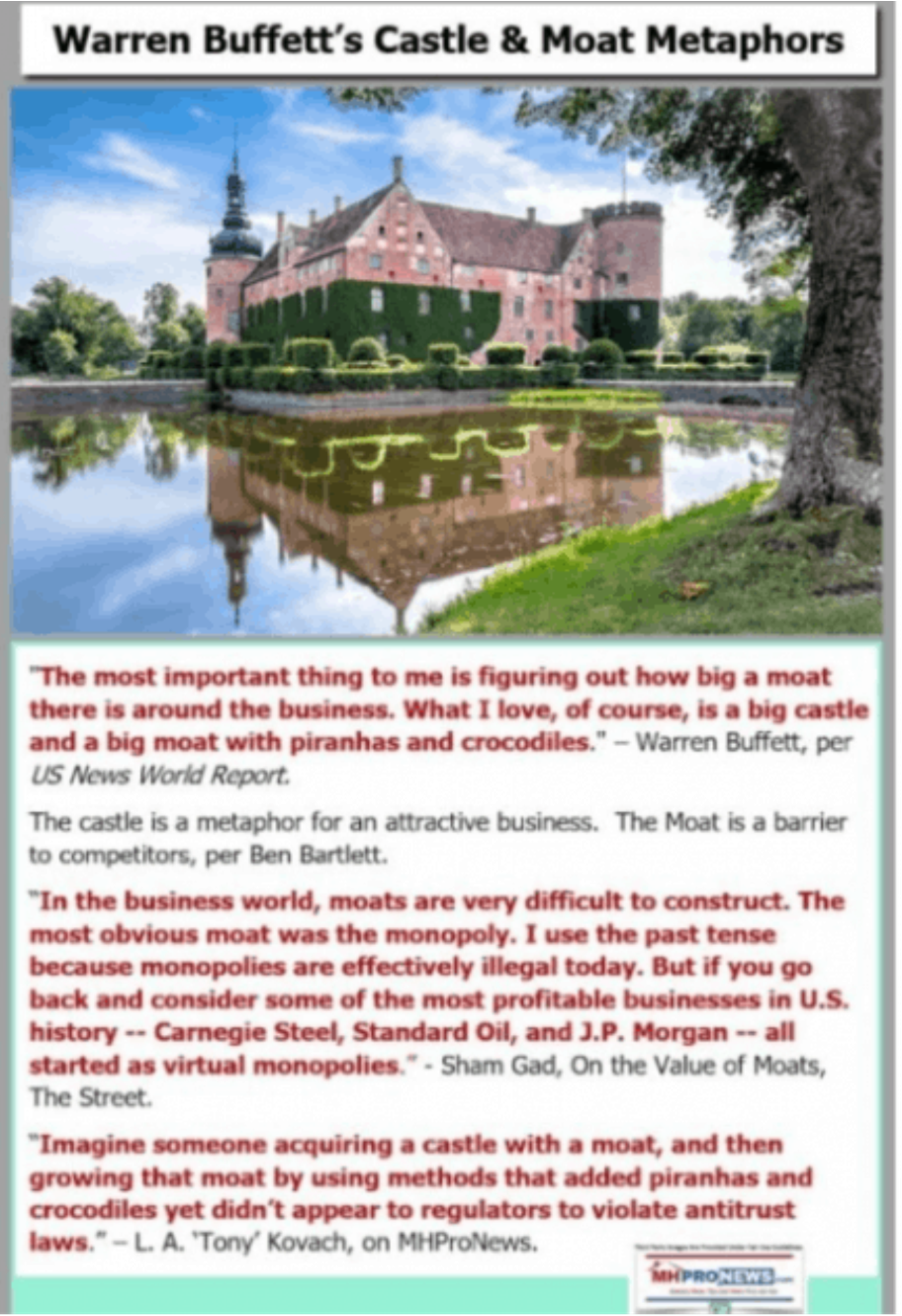 This bullet merits several stars, highlighting, or fireworks going off next to it. Why? Because Harvard JCHS researcher Belsky’s point was quite right. As the need for affordable housing was growing along with the U.S. population, even with the financing issues that Belsky was aware of, he still predicted the industry would recover and grow to surpass conventional housing. This point is buttressed by research from Strommen, as well as Schmitz et al. Instead of growing, manufactured housing shrank after Buffett-led Berkshire (BRK) acquired Clayton Homes. Given Berkshire’s resources and connections, which Kevin Clayton bragged about as was noted in point #10 above, manufactured housing declined instead of grew.
This bullet merits several stars, highlighting, or fireworks going off next to it. Why? Because Harvard JCHS researcher Belsky’s point was quite right. As the need for affordable housing was growing along with the U.S. population, even with the financing issues that Belsky was aware of, he still predicted the industry would recover and grow to surpass conventional housing. This point is buttressed by research from Strommen, as well as Schmitz et al. Instead of growing, manufactured housing shrank after Buffett-led Berkshire (BRK) acquired Clayton Homes. Given Berkshire’s resources and connections, which Kevin Clayton bragged about as was noted in point #10 above, manufactured housing declined instead of grew.
Hodges obviously had to be aware of this pattern. Hodges also had to be aware of what the causes for this problem were, and what Kevin himself said was necessary to fix the problem (see below and the linked report).
- Various “predatory,” castle and moat, or “the moat” claims have been examined directly or by implication in several mainstream reports in publications that span the left-right media divide. Among those media outlets are The Nation, Forbes, Seattle Times, Financial Times, GuruFocus, and The Jacksonville Florida Times Union. Several of these mainstream media examined predatory practices including evidence-based allegations of Warren Buffett led Berkshire Hathaway deploying a monopolistic “moat” methodology. Each of those puzzle pieces into picture frame that fits the thesis by Strommen and Schmitz/Minneapolis Fed research.
- It is not a matter of speculation that Hodges was aware of the moat. From a reasonably short 2014 interview by American Builders Quarterly with Tom Hodges, there were two uses of the term “the moat.”
- “But, even with the uncertainty that the regulation brings, [companies] are looking to expand to help build a moat around their business.”
- “Well, that’s what you’re doing—because your moat is not just your financial security and protection, but it’s also your competitive advantage.”
- From the softball video interview previously cited and linked above is this pull quote. Hodges as head of the Clayton legal department clearly knew “the moat.” Note that this openly discussed plan to make it difficult for competitors put Hodges in his various role at MHI into an apparent conflict of interest. So, per TBA.org’s RPC, why didn’t Hodges warn and withdraw? How could he in good conscience claim to represent independent competitors at MHI?
- As a disclosure, I was a multiple year MHI member. I was elected to the board of the MHI Suppliers Division by my peers. My view – and this is reflected in our trade publishing – of Buffett, Clayton, et al evolved over the years. In my views had elements of what Robin Harding in the Financial Times said about Buffett (and by implication, Berkshire units like Clayton Homes).
Note, I would not entirely agree with Harding that there isn’t a simple solution. The solution is to routinely sift the wheat from the chaff. Spotlight the errors, investigate the harms that are caused as needed, and then robustly enforce existing laws. The reason this is difficult at all is because it is a complex deployment of accurate and inaccurate information that is generated by moat-builders. This “sabotaging” is one of a market in devious ways are among the potent and useful insights by Schmitz and his colleagues. That said, much of that ‘research’ in investigating is being presented right here. Years of research by others and myself are hereby provided in this complaint against Hodges, who clearly had to know about this pattern and methodology.
- To clarify a point by Schmitz and his antitrust researching colleagues. Slow motion moat-building, ways of improperly hobbling competitors, and other monopolistic practices have drawn significant attention in recent years. Perhaps more precisely, these are at times oligopolies. Facebook and Google have been referred to as a duopoly.
- Let’s take a moment to sum up and underscore the above by way of a useful analogy. There have been over a ‘dirty dozen’ largescale apparent frauds that have occurred during the 21st Some of these scandals involved billions of dollars and impacted thousands to millions of lives. Among them is the one of Bernie Madoff. While Madoff and Berkshire clearly have distinctions (Berkshire isn’t an apparent Ponzi scheme), nevertheless, there is a similarity in how Harry Markopolos reportedly spotted that something was wrong with Madoff’s business in minutes. It is summed up in this graphic, which is a still from the trailer to Chasing Madoff linked here. Markopolos argued that this graphic of Madoff’s ‘investment’ performance is not how stocks work in the real world. Stocks rise and fall. Something, therefor, had to be wrong, Markopolos said. Similarly, during an affordable housing crisis, when favorable laws have been passed by Congress to support manufactured housing, something has obviously gone wrong in the industry for manufactured housing to have had two downturns in the 21st century, despite an affordable housing crisis. Some of this ‘sabotage’ is from outside of the industry, as Schmitz et al have argued. Some behavior is within, as Strommen has made the evidence-based case.
- Let’s move from concepts to a specific example of what is an apparent prima facie example of an antitrust violation, which arguably is a key part of what has caused manufactured housing to shrink during an affordable housing crisis. It was noted herein that Tim Williams/21st Mortgage Corp, Tom Hodges at Clayton, and Matt Webb (general counsel for 21st) were all in an email thread with this author in his capacity as a trade publisher. Hodges has said in testimony to Congress that is linked further below that he is involved in legal matters that are related to lending, which is conducted by Clayton’s sister brands (i.e.: 21st and Vanderbilt Mortgage and Finance or VMF). Note this document mentions Clayton by name, which is another reason why Hodges would have been aware of this apparent antitrust violation. The base text below was on 21st letterhead with Tim Williams name at the bottom. The illustration and comments that point out various issues have been previously published on MHProNews.
- This document by Williams from 21st above was part of our (i.e. our being the LLC that my wife and I operate) trade media’s smoking gun report on what caused the sharpest part of the decline in manufactured housing history.
https://www.manufacturedhomepronews.com/21st-mortgage-doc-berkshire-hathaway-warren-buffett-manufactured-housing-industrys-smoking-gun/ Note as before, all links are part of the evidence for this complaint against Hodges, who was on some level arguably aware of what was occurring that subverted manufactured housing. That said, from that article above was this statement by Williams at 21st.
“Or as Tim Williams told MHProNews in an exclusive interview, “Within five years of starting 21st Mortgage, there were about sixty companies started with plans to offer manufactured housing financing on a national basis. Of that group of companies we are the only survivor.”
See that full interview with Tim Williams, linked here.”
Note that until that document from 21st was provided as a tip to MHProNews, the ‘aha!’ moment of a series of eye-opening insights occurred. While I’ve been in manufactured housing starting in the early 1980s in various capacities, including as an owner of an independent retail center, in management for various firms including Clayton Homes, as a consultant, and publisher, if I’d seen that document before it was provided, its implication of an apparent deception eluded me. Williams claimed he had no choice but to curtail lending. Vanderbilt (VMF) is focused on lending to the Clayton family of brands owned retail centers. By contrast, 21st is focused on lending to manufactured housing independent retailers. Cutting off lending resulted in the loss of literally thousands of retailers. Who says? Ironically, Kevin Clayton in testimony to Congress. Tom Hodges, in his own testimony to Congress linked further below, cited similar facts to what Clayton said under “truth in testimony” certified statements. This was arguably paltering at a high level. The truth was being told, but key facts were left out in their respective statements to Congress. Namely, that Williams/21st curtailed lending when there was no need for them to do so.
Note that the testimony by Clayton was made on behalf of MHI. It is even on MHI letterhead.
https://financialservices.house.gov/uploadedfiles/112911clayton.pdf
- While the topic was somewhat different, in manufactured housing related testimony, Hodges cited similar figures and claims to Congress. Note again that Hodges, while stating he was general counsel for Clayton Homes, also made these statements on behalf of MHI. Once again, as with Kevin Clayton, Hodges’ statement to Congress was on MHI letterhead.
- Once again, that is arguably a case of sophisticated paltering. Several key facts were not being disclosed to Congress. As the RPC makes clear, such testimony must be completely honest, not partially honest. Withholding key information is prohibited. But apparently, Hodges allowed such misstatements by Williams, Kevin Clayton, and made them himself. This had serious ramifications to thousands of industry businesses that were put out of business by the series of events described and linked from this complaint. Per Strommen for Knudson Law, not only were apparent “felony” antitrust violation(s) involved, but also RICO (Racketeer Influenced and Corrupt Organizations Act) violations too.
- Hodges and his colleagues in this purported scheme have been given numerous opportunities to respond or refute these claims. As was previously noted, there are emails including Hodges, some of which included statements he made off the record. These should be obtained by the TBA.org and examined, or you should get Hodges written authorization for me to reveal those previously unpublished statements he has made. Either way, there is evidence that Hodges was well aware of our reporting at MHProNews.com and MHLivingNews.com in recent years on these issues. Meaning, besides the fact that this would fall into his job description, there is evidence that Hodges can’t claim ignorance of these and related matters that have been published.
- The Manufactured Housing Improvement Act of 2000 (MHIA) was passed by Congress, as was previously noted, precisely to provide more affordable housing via the free market system. Congress noted the importance of manufactured housing in this process. Per GovInfo.gov, the following.
§5401. Findings and purposes
(a) Findings
Congress finds that—
(1) manufactured housing plays a vital role in meeting the housing needs of the Nation; and
(2) manufactured homes provide a significant resource for affordable homeownership and rental housing accessible to all Americans.
(b) Purposes
The purposes of this chapter are—
(1) to protect the quality, durability, safety, and affordability of manufactured homes;
(2) to facilitate the availability of affordable manufactured homes and to increase homeownership for all Americans;
(3) to provide for the establishment of practical, uniform, and, to the extent possible, performance-based Federal construction standards for manufactured homes;
(4) to encourage innovative and cost-effective construction techniques for manufactured homes;
(5) to protect residents of manufactured homes with respect to personal injuries and the amount of insurance costs and property damages in manufactured housing, consistent with the other purposes of this section;
(6) to establish a balanced consensus process for the development, revision, and interpretation of Federal construction and safety standards for manufactured homes and related regulations for the enforcement of such standards;
(7) to ensure uniform and effective enforcement of Federal construction and safety standards for manufactured homes; and
(8) to ensure that the public interest in, and need for, affordable manufactured housing is duly considered in all determinations relating to the Federal standards and their enforcement.
(Pub. L. 93–383, title VI, §602, Aug. 22, 1974, 88 Stat. 700; Pub. L. 96–399, title III, §308(c)(4), Oct. 8, 1980, 94 Stat. 1641; Pub. L. 97–35, title III, §339B(c), Aug. 13, 1981, 95 Stat. 417; Pub. L. 106–569, title VI, §602, Dec. 27, 2000, 114 Stat. 2997.)
Hodge would have to be informed on this key piece of manufactured housing legislation, which other linked and previously cited items makes clear.
- A key provision of the MHIA was a strengthening of federal preemption, which has been described as “enhanced preemption” by MHI, the Manufactured Housing Association for Regulatory Reform (MHARR), members of Congress, and others. This “enhanced preemption” concept is critical to understanding just how apparently devious organizations that Hodges played key roles in have operated. The following pull quotes will clarify the matter.
- When MHI was asked to intervene, in the Ayden NC controversy linked below, per local media and other local sources, MHI has done nothing.
Please read that third linked column on the Reflector carefully, one link is bad.
But each of those linked items are important, and should be contrasted with what follows occurring in Calhoun, GA below.
- By contrast, when Tiny House Hands Up (THHU) was confronted with several years of what they felt was unjust roadblocks, the teamed up with a local attorney and the Institute for Justice (IJ) to sue for what they claimed are violations of their legal and constitutional rights.
Which begs the question. Why hasn’t MHI sued to get enhanced preemption enforced? Why have MHI, Clayton, and Hodges, et al, postured support for various provisions of this provision and other pro-manufactured housing laws enacted by Congress for years, while not actually acting to get good laws enforced? The THHU/IJ case in Calhoun, GA illustrates the costly hypocrisy and theatrics that Hodges and his colleagues are arguably involved in. They claim to be working ‘for all segments of the industry,’ but in reality appear to be working for consolidation. This fits argument Strommen’s thesis, and while different, is buttressed by Schmitz et al, among MHARR, Doug Ryan for CFED/Prosperity Now, and others. It also makes clear that Hodges is either massively derelict in his prior and current role at MHI, or that his apparent conflicts of interest have come down in favor of Clayton and their allies in industry consolidation.
- MHI has demonstrated their ability to get members of Congress ask questions in hearings that MHI, and by implication, their dominating brands, want asked. But that information that MHI sends out, which is part of Hodges responsibility as MHI chair, is often apparently deceptive and misleading. Meaning, a kind of confidence game is at play. This is illustrated in video from CSPAN and the transcript and MHI messaging is explored in the report below.
ttps://www.manufacturedhomepronews.com/hud-sec-marcia-fudge-zoning-manufactured-homes-until-we-start-to-address-this-we-are-going-to-continue-to-be-perpetually-in-this-kind-of-situation-news-analys
The article above cross links others, and such cross links should also be explored from that and other articles. Because what years of evidence-based reports and analysis reveals is this. Manufactured housing has been subverted from inside and out. If outsiders alone where involved, the good laws that the industry has – if they were being put to work effectively by MHI – would overcome any subterfuge. Schmitz et al have themselves said that their research is in process. MHProNews and this writer has reasons to believe that Schmitz and/or others will probe Strommen’s thesis as it relates to their own publicly in the foreseeable future. But there is no need to wait for that possible occurrence because Berkshire has conventional real estate interests, as does Clayton which has been acquiring site-builders. Meaning, Schmitz et al are correct in a different way than Strommen, but both make arguably complimentary points.
Hodges, as general counsel for Clayton and as MHI’s chairman must be aware of these facts, patterns, and evidence.
- Another key law that was enacted by Congress, and which Williams/21st’s notorious letter shown above references is the Duty to Serve Manufactured Housing made part of the bipartisan Housing and Economic Recovery Act (HERA) of 2008. Williams ‘encouraged’ retailers and other sellers to contact Congress to get HERA implemented, see the letter above. But when carefully examined, Williams claims are contradicted by Warren Buffett, Berkshire Hathaway, and Kevin Clayton himself.
Let’s see why this evidence is important by looking at the market share graphics below.
By 2011, when the video interview with Kevin Clayton noted herein occurred, this is the market share that Clayton had obtained. Note that while the industry contracted, Clayton Homes was growing. This is the “moat” in action.
By the end of 2017, circa the time MHProNews published our “smoking gun” report and we had a better sense as investigative media what to look given the notorious 21st letter shown above, Clayton Homes had about 50% of the industry’s market share.
But more closely examined, what was a Clayton ‘monopoly’ that was occurring via a kind of oligopoly over manufactured housing production. Clayton, Cavco Industries (CVCO: run by a former Clayton Homes division president, Joseph “Joe” Stegmayer, who himself was an MHI board member and a now former MHI chairman), and Skyline Champion (SKY) now have some 80 percent of the entire manufactured housing market. Dozens of competitors were eliminated in this apparently devious process, under the cover of Williams demonstrably misleading claim about 21st not being able to continue to fund financing for Clayton’s competitors. Not only does Strommen point to this himself, as an outsider looking in, but he points to this apparent collusion by what he calls the Big Three. Strommen does so by noting that MHI’s behavior is so egregious, that they merited losing Noerr protections that they otherwise might enjoy.
All of this reflects badly on Hodges in his various roles noted herein. Clearly, others are involved, but Hodges has obligations in his apparently conflicted roles at MHI given his role as Clayton’s general counsel.
-
- Part of the essence of “the moat” that Clayton, Hodges, and Buffett have all spoken and/or written about is the ‘durable competitive advantage.’ Clayton bragged about Buffett’s connections in this 2011 sit down video interview with a pro-Berkshire interviewer Robert Miles. Clayton repeatedly mentions the moat. He is talking while President Obama is in the White House, whom Buffett helped elect.
Not long after Buffett’s formal entry into manufactured housing, pro-Buffett-Berkshire author Bud Labitan and his co-authors published a book that examined the moat and specifically cited Clayton as part of that report.
Labitan said that Buffett stated early on that Clayton would retain its financing paper. Meaning, 21st and VMF would retain for Berkshire their loans, and they also actively bought more loans portfolios. Such a strategy announced by Buffett years in advance of events that followed could only work if Buffett et al had a high degree of confidence that the Government Sponsored Enterprises (GSEs) of Fannie Mae, Freddie Mac, and the FHA (via Ginnie Mae Title I “home only” loans) would not be securitized.
- While MHI postures that they want more lending, often saying similar things to what MHARR does in comments letters, a closer look at the evidence and competing claims reveals otherwise.
See Ryan’s context and the full ‘debate’ context in the report, linked here. https://www.manufacturedhomepronews.com/epic-kevin-clayton-moat-rant-analysis-lesli-gooch-debate-defense-doug-ryan-charge-end-clayton-monopoly-over-manufactured-housing-breaching-buffett-berkshire-clayton-monopolistic-moat-method/
Note that when that report was published, it was months before the GSEs actually announced that they would not continue their so-called pilot programs. MHI admits that no chattel loans (home only, personal property loans) were made.
Ironically, MHI and Williams at 21st himself de facto admitted what Ryan and Strommen have alleged based upon years of demonstrable evidence.
Once more, Hodges has to be aware of this pattern. As was previously quoted by Hodges in his interview cited above:
- “But, even with the uncertainty that the regulation brings, [companies] are looking to expand to help build a moat around their business.”
- “Well, that’s what you’re doing—because your moat is not just your financial security and protection, but it’s also your competitive advantage.”
The evidence thus makes clear that Hodges role at MHI and their claims of working for all segments of the industry is merely a ruse. Since this is meant to defraud others of their rights and property by means of deception and misdirection, which includes, but is not limited to, the use of “the wires” and the U.S. Mail, several violations of laws are apparently occurring.
Hodges is not alone in this alleged scheme. But this scheme may not have operated for as long as it has had Hodges, or other attorneys at MHI and Clayton Homes, followed their respective responsibilities as officers of the court. Other MHI board members and their counsel(s) also have duties, and those that have and/or are attorneys should be referred to appropriate agencies and officials to be individually explored.
The effects of this scheme have indirectly been documented by the CFPB and others.
This, per third-party sources, is a contributing factor to the affordable housing crisis. So, while this complaint began with the concerns over Hodges suborning perjury, it was noted that other violations of the law seem to be tied to Hodges legal reach and various roles.
This Minneapolis Federal Reserve researcher came to this conclusion after citing the Seattle Times, which was linked above. The Seattle Times named Clayton Homes and their lending, in pointing out the inequities that plague minority borrowers in manufactured housing. Feir’s research stands apart from Strommen and Schmitz et al, but in this respect, is effectively supporting their respective claims.
- If this wasn’t already enough evidence, the recent suit by the Securities and Exchange Commission (SEC) involving ex-Clayton division president Joe Stegmayer, Cavco, and Dan Urness point to related illegalities and apparent conclusion to consolidate the manufactured housing industry using apparently illegal behaviors. Per the SEC, code words were used as part of this ploy to conceal their behavior.
- Summing up and closing evidence of improprieties involving Tom Hodges and/or his Clayton Homes/legal colleagues/MHI. This presentation of linked evidence should be more than sufficient to make the following concerns clear.
A)Hodges has served as general counsel to Clayton Homes, per his LinkedIn profile his entire career, starting apparently while he was in law school. https://www.linkedin.com/in/tom-hodges-75b63a13
B) Hodges currently is the chairman of MHI and has previously been on the MHI board for several years.
C) MHI claims to be working to “represent” “all segments” of the manufactured home industry. But the evidence-based argument has been made by Strommen and others, including voices at MHI, that key MHI members – and thus by extension MHI – are more aptly working for the consolidation of the industry. Cavco and other publicly traded firm statements made by MHI members make it clear that consolidation – i.e. a form of monopolization – are their aim.
D)Note that Cavco, currently being sued by the SEC, de facto documented their growth that followed the notorious 21st letter, shown above. This is arguably why others at MHI have been silenced, fearful (think Hobbs violation), or are quietly supportive of what Strommen has documented. Because Cavco and other consolidators are growing while the industry has been underperforming.
E) Claims that MHI is working for all is merely window dressing, in this view, otherwise independents would not be supporting MHI or their state association affiliates. Meaning, deception and misdirection are involved, which can also be illegal under FTC and various state laws.
F) While MHI could point to statements that they make that seem to mitigate against this thesis, that becomes mere window dressing when properly viewed. Who says? Among others, several past MHI members as well as firms that have been impacted by this pattern.
G)Crawford is among those who called for a new post-production trade group to be formed, because MHI has not been doing its claimed job.
H) MHARR notably offered to partner with MHI state affiliates, for example, to enforce MHIA’s enhanced preemption by legal action. State associations are considered on paper to be nominally independent. But without MHI’s backing, and Clayton’s consent, it is clear that none have bought in, even though they have complained about a lack of enhanced preemption enforcement too.
I) Even the years of supposed effort in pushing for “Preserving Access to Manufactured Housing Improvement Act” proved to be an illusion that benefited Clayton as it ‘rope-a-dope’ style wore out independent retailers and communities during the ‘fight.’ Millions were spent. But former MHI VP of Governmental Affairs accidently let the cat out of the bag with this comment. It’s meaning was only apparent to some, including this writer, later in hindsight.
J) It was noted above that Buffett and MTO were “progressive.” Buffett supported Obama. Buffett supported former Secretary of State Hillary Clinton in 2016. Obama and Clinton both opposed changes to Dodd-Frank that Hodges claimed MHI wanted in testimony to Congress. An elaborate and bold head fake was hiding in plain sight for years that involves attorney Hodges and others under his MHI/Clayton supervision. https://www.manufacturedhomepronews.com/mhis-growth-agenda-rick-robinson-jd-svp-manufactured-housing-institute-preemption-evidence-writ-of-mandamus-and-addressing-hud-code-manufactured-home-shipment-woes/
- For these and other reasons found in the linked and cross-linked reports, this writer believes that the evidence strongly supports a range of possible improprieties that involve Hodges in his role at Clayton, with their lending, and at MHI.
Disclosures:
Much, but not all, of the information contained herein has been published. Hodges, Clayton Homes, 21st Mortgage Corp, Berkshire Hathaway, the Manufactured Housing Institute (MHI) and several inside/outside attorneys for these organizations have been given opportunities to respond to these claims. Numbers of occasions have been public.
At various times, our media platforms have had as clients organizations that included Clayton Homes, 21st Mortgage Corporation, the Manufactured Housing Institute (MHI) as well as the Manufactured Housing Association for Regulatory Reform (MHARR), and other industry brands. These issues have an impact on their operations as well as our own firm’s interests. That said, in our reporting, we have demonstrably attempted to be thorough, accurate, fair, balanced, and in recent years quite detailed in our evidence, concerns, and allegations.
Put differently, while numbers – including ourselves – are arguably harmed by this pattern of activity, this complaint is still my own and is based on evidence published. We intend to keep publishing on these issues, which include our desire to spotlight what if anything the TBA.org and its BPR investigation of this complaint results in. I’m asking for a transparent process by your organization, so that others involved and impacted will be aware.
Additionally, as there is in my view extensive evidence of illegalities, and since presumably one or more attorneys will be reviewing this complaint, it is now also incumbent on the TBA’s member attorneys to follow the law and report the enclosed and linked evidence of apparent improper, conflicts of interests, and/or illegal actions to other authorities. The same rules of professional conduct that required Hodges to warn, withdraw, notify, etc. arguably apply to those who read this evidence, don’t they?
There are millions of Americans across the left-center-right spectrum that have come to believe that the system is rigged. Please count me among them. The connected all too often seem to get a pass, don’t they?
That said, it is my hope that the TBA will act as objectively, fairly, and as swiftly as possible in these matters while obviously protecting the rights of the accused.
As has been suggested and indicated, we plan to report on this complaint. It will be brought to the attention of others. Our readers include numbers in Washington, D.C. that include public officials.
Both third-party Mailchimp’s metrics (see below) and third-party Webalizer indicate something similar. Namely, that public officials follow us regularly. In the screen capture below, Washington, D.C. is shown as the #3 metro area for engagement with our twice weekly emailed headline news updates. See #3, top right, below our logo. The illustrations – including our logo were added, but the content is as Mailchimp reported it.
https://www.fhfa.gov/Videos/Pages/FHFA-Public-Listening-Session-Enterprise-Housing-Goals-ANPR.aspx
As noted above, the statement by me linked below was delivered to an audience of public officials, nonprofit leaders, and others contains a useful summary of the issues. It also includes hotlinks. It was delivered while some of those accused were on the line.
https://www.fhfa.gov/Media/Documents/Kovach-statement.pdf
Our firm’s industry-leading trade publishing has been vocal in calling for investigations and enforcement of the laws that seem to be ignored, subverted, and violated. I’ve personally made efforts to get these issues to mainstream media.
https://www.wnd.com/2021/05/solution-big-tech-oligarchs/
The item above, was as previously noted, includes the point that MHI – think Hodges as their chairman – was specifically asked to get involved in that issue. Per local sources, nothing was done.
The TBA.org RPC offers an opportunity to explore these claims, and given Hodges due rights under the law, to appropriately consider the type of punishment the evidence supports. In my view, the evidence supports Hodges being disbarred. Others like him should be too.
Closing Comments.
A range of efforts are underway to further expose and lawfully end the abuses that Strommen and others have detailed. It may take a day or two of reading the evidence, but the more someone with an open mind reads, the clearer it becomes that manufactured housing’s underperformance is due to an elaborate charade. One of the figures involved in that charade is arguably Tom Hodges.
In the classic movie Charade, character Reggie Lampert, played by actress Audrey Hepburn, asks: “Why do people have to tell lies?” Peter Joshua, played by Cary Grant, wisely replies: “Usually it’s because they want something. They are afraid the truth won’t get it for them.” That sums up what has gone wrong in manufactured housing. An elaborate ruse has occurred. Yes, suborning perjury and false statements and seemingly inexplicable actions apparently meant to undermine the mainstream production of the manufactured home industry have kept manufactured housing underperforming for over 2 decades. This has cost millions of people their shot at the American Dream. Hodges and others should be held to account.
Note: please pardon any typos in the above. I’m prepared to support these evidence and fact based concerns as necessary. ##
[cp_popup display=”inline” style_id=”139941″ step_id = “1”][/cp_popup]
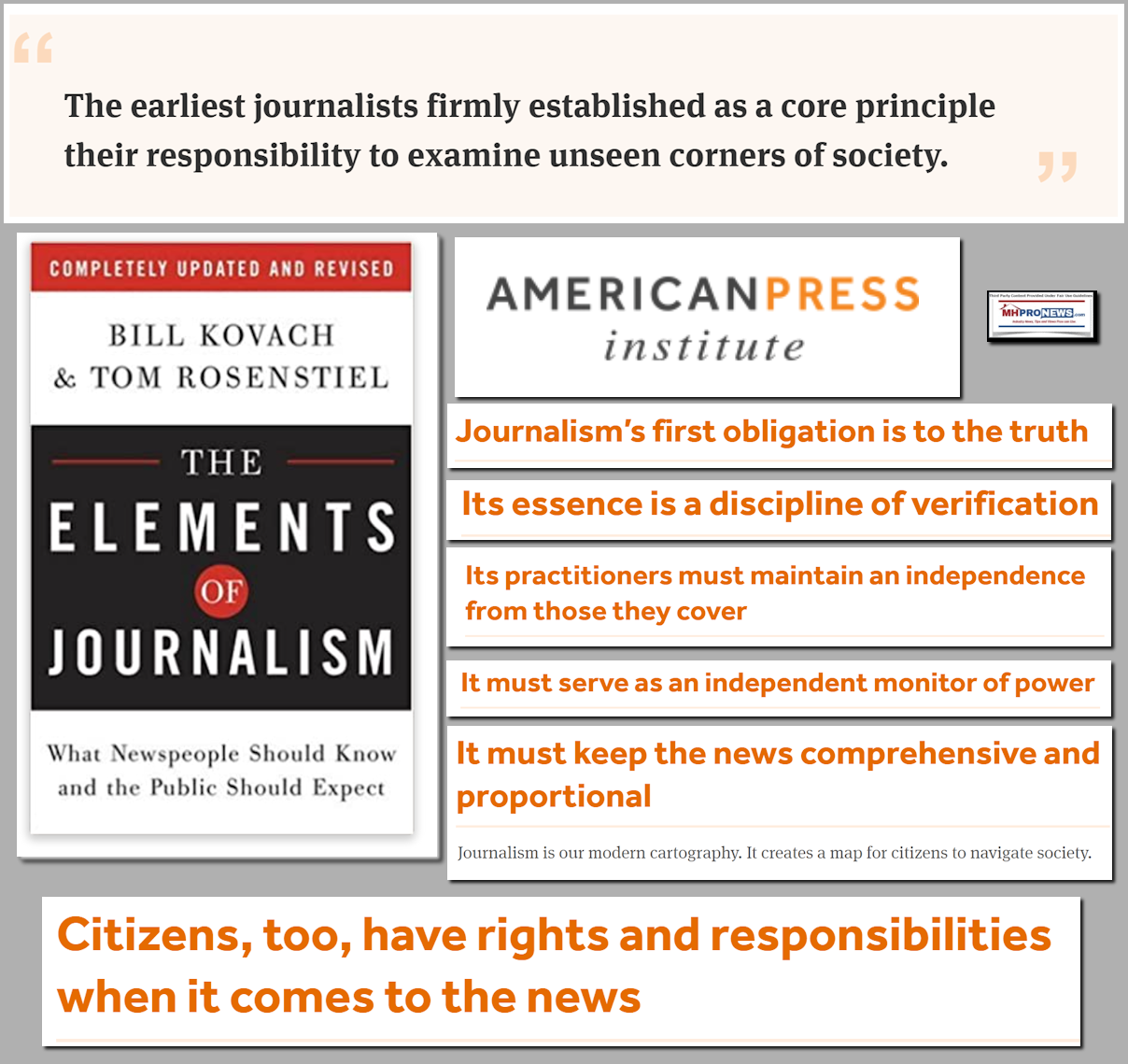
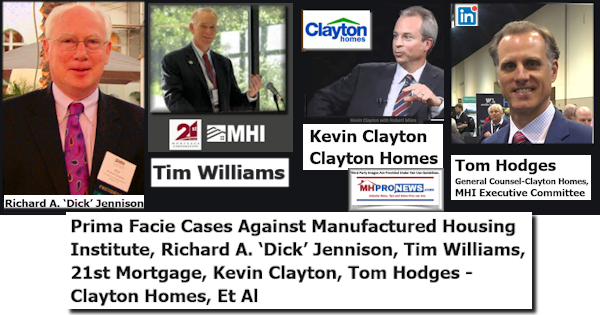
Stay tuned for more of what is ‘behind the curtains’ as well as what is obvious and in your face reporting that are not found anywhere else in MHVille. It is all here, which may explain why this is the runaway largest and most-read source for authentic manufactured home “News through the lens of manufactured homes and factory-built housing” © where “We Provide, You Decide.” © ## (Affordable housing, manufactured homes, reports, fact-checks, analysis, and commentary. Third-party images or content are provided under fair use guidelines for media.) (See Related Reports, further below. Text/image boxes often are hot-linked to other reports that can be access by clicking on them.)

By L.A. “Tony” Kovach – for MHProNews.com.
Tony earned a journalism scholarship and earned numerous awards in history and in manufactured housing.
For example, he earned the prestigious Lottinville Award in history from the University of Oklahoma, where he studied history and business management. He’s a managing member and co-founder of LifeStyle Factory Homes, LLC, the parent company to MHProNews, and MHLivingNews.com.
This article reflects the LLC’s and/or the writer’s position, and may or may not reflect the views of sponsors or supporters.
Connect on LinkedIn: http://www.linkedin.com/in/latonykovach
Related References:
The text/image boxes below are linked to other reports, which can be accessed by clicking on them.
